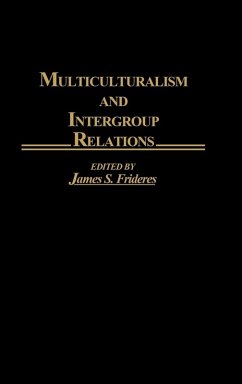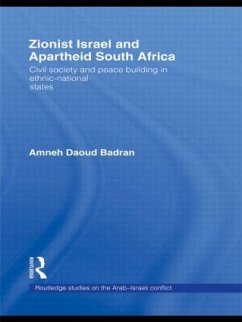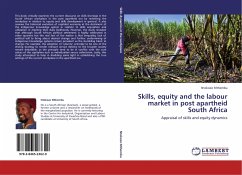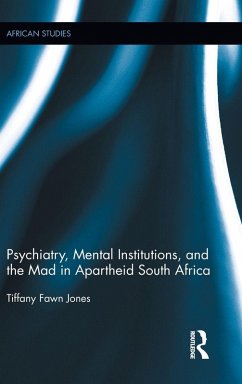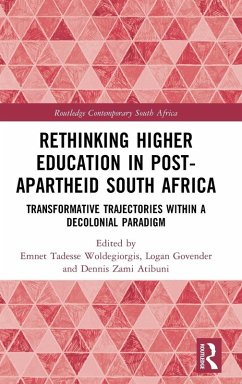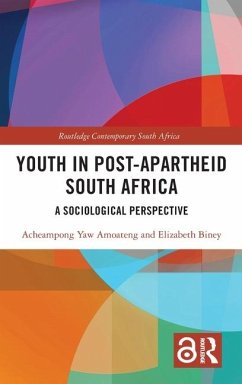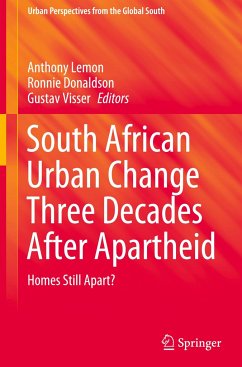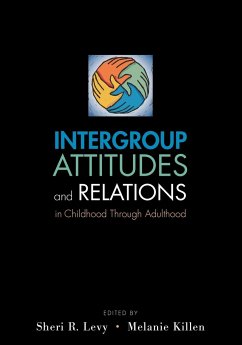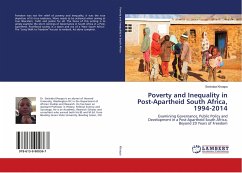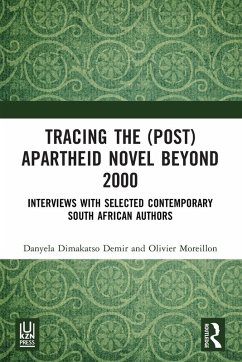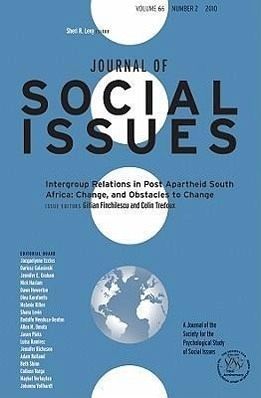
Intergroup Relations in Post Apartheid South Africa
Change, and Obstacles to Change
Herausgeber: Finchilescu, Gillian; Levy, Sheri R; Tredoux, Colin
Versandkostenfrei!
Versandfertig in über 4 Wochen
48,99 €
inkl. MwSt.

PAYBACK Punkte
24 °P sammeln!
This volume brings together research that has investigated change and obstacles to change in intergroup relations in South Africa. * Reflects on theories of intergroup behavior that are current in the international literature. * Highlights issues of interest when considering a transformation in which the formerly subordinate group becomes the politically dominant majority.



